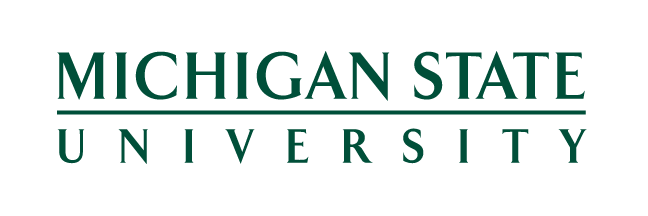Sarah L. Woulfin
University of Texas at Austin
Lizeth Lizarraga
University of Texas Austin
Jeremy Singer
EPIC, Michigan State University
Katharine O. Strunk
University of Pennsylvania
Samantha A. Cullum
University of Pennsylvania
Chanteliese Watson
Michigan State University
Erica Harbatkin
EPIC, Florida State University
January 2024
An essential component of the Partnership Model for school and district turnaround in Michigan is its emphasis on improving instructional quality in Partnership schools. A combination of professional learning opportunities and supports from the Michigan Department of Education (MDE) and intermediate school districts (ISDs), supplemental financial resources, locally-driven strategic planning and goal-setting, and additional accountability pressure aim to improve district systems and school practices related to curriculum and instruction.
In this report, we offer our major findings on the nature and enactment of educational infrastructure in Partnership districts and schools during the 2022-23 school year. These districts and schools were identified in November 2022—the fourth round of the Partnership Model—and wrote their Partnership Agreements throughout the remainder of the school year. This report provides a snapshot of the educational infrastructure in Partnership districts and schools during their identification year, which can serve as a baseline to inform district and state leaders who are now supporting Partnership schools in their improvement efforts and assessing the progress of the program over time. After providing an overview of student achievement in Partnership schools over time and educator perceptions of instructional quality, we provide an in-depth analysis of the systems, routines, practices, and resources surrounding curriculum and professional development in Partnership schools.
Our key findings include:
- In survey responses, teachers and principals expressed concerns about the ongoing negative effects of the COVID-19 pandemic on student learning and reported concerns about instructional effectiveness and the implementation of academic intervention practices.
- Partnership districts have some gaps in their curricular infrastructure. These include relying on a mixture of curricula that may contribute to misalignment between curricular resources and student needs, and sometimes inadequate school and district leader support for implementing curriculum.
- Partnership districts provide educators with professional development, especially through professional learning communities, which teachers described as helpful. Due to the variety of topics covered, professional development was perceived as disjointed at times.



